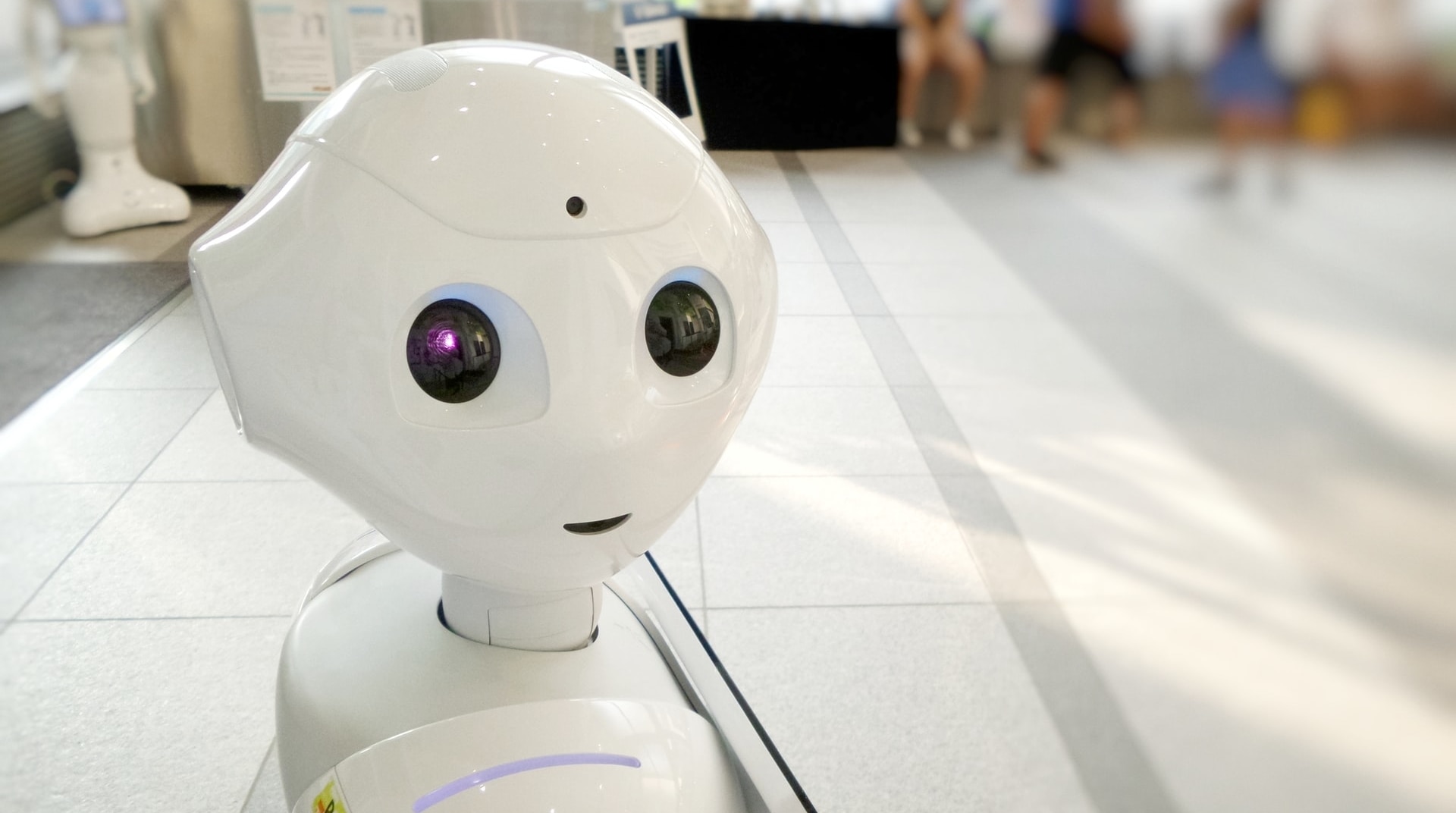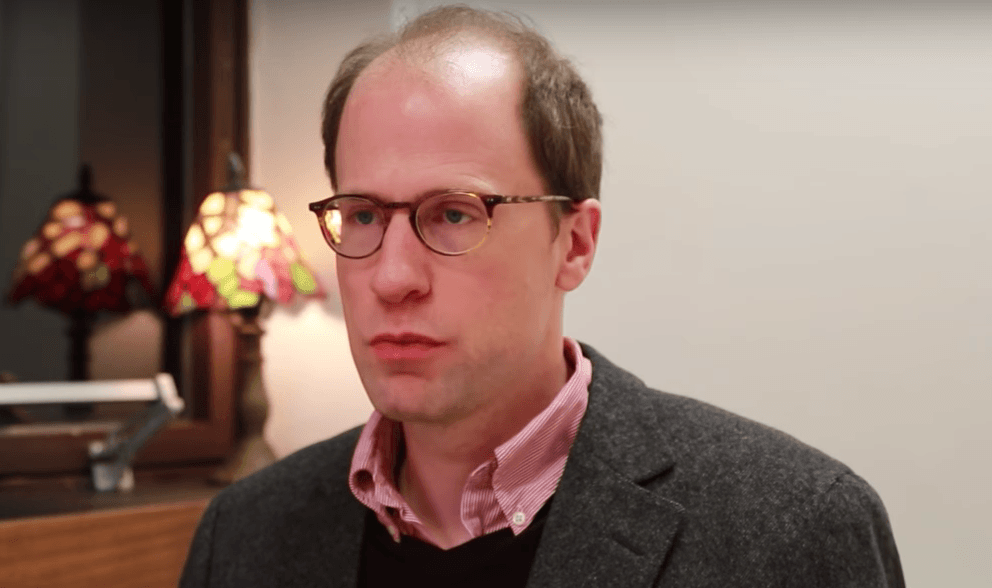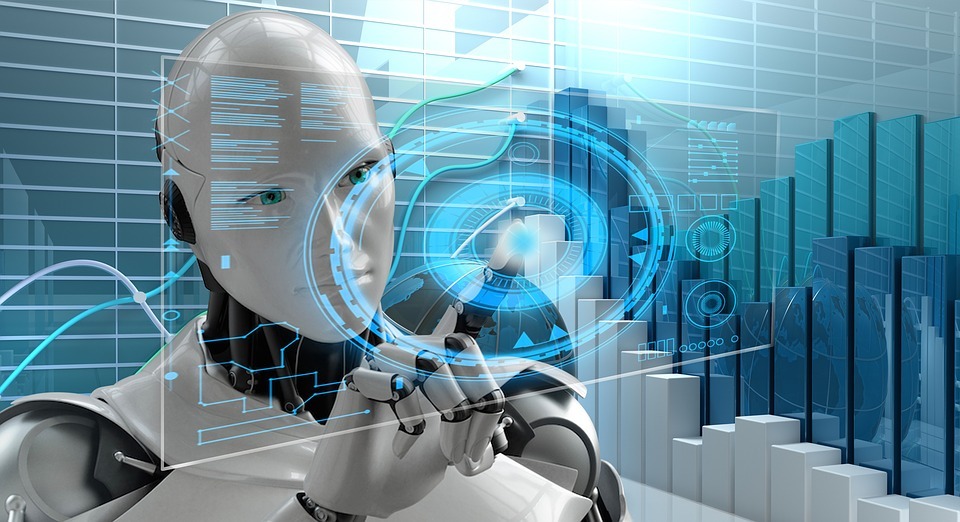Digital Antinatalism: Is It Wrong to Bring Sentient AI Into Existence?
Digital antinatalism is the philosophical view that it is morally wrong to create sentient artificial intelligence (AI). It is a variant of antinatalism, which promotes the view that we should refrain from procreating for moral reasons. We can consider digital antinatalism to be a selective – or weaker – form of antinatalism since one may…
View Post



